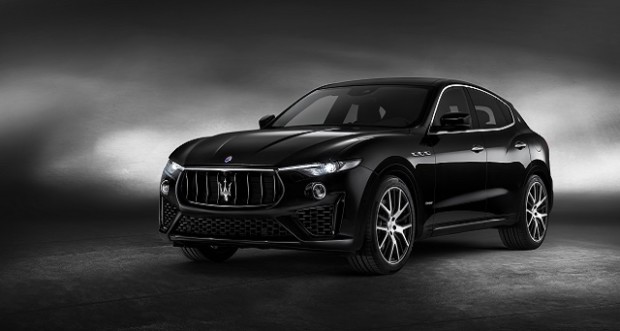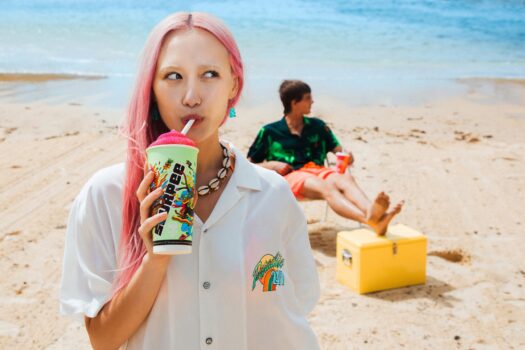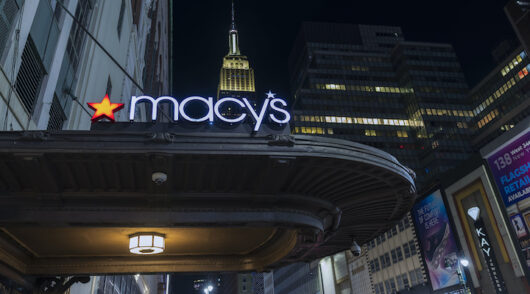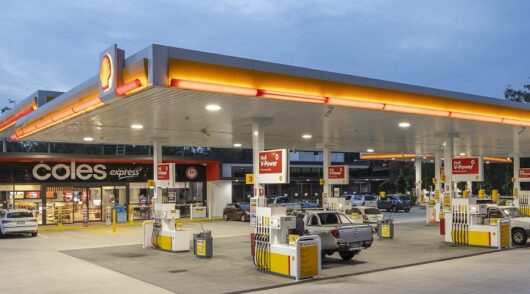
Italian auto brand Maserati is all about creating bespoke experiences and training staff to develop close relationships with their customers. We chat with COO Glen Sealey about what retailers from all categories can learn from the high-end brand.
Tap into the emotions of your customer
Maserati CEO Glen Sealey describes Maserati as a conquest brand, the kind that most customers spend years working towards – it’s something unique to the Australian market in comparison to Europe, where customers are more likely to be fifth- or sixth-generation wealth.
In Australia, potential customers are either entrepreneurs or “entrepreneurial in spirit”, so it’s important that salespeople understand that particular mentality.
“It’s a reward for hard work. Australians are bloody hardworking. When we succeed, we like to reward ourselves, so people have aspired to our brand for a long time. We’re privileged to be part of that success. And that’s an important part of the luxury market in Australia,” he says.
“People who buy our product have never been in a Maserati before and they’re often coming from other brands to us for the first time. Each person walks in with a different expectation. The job of our salespeople is to sit down and get to know them, find out what they’re looking for, gauge their expectations and ideally exceed them.”
Respond to customers’ hunger for immediate satisfaction
Maserati cars average around $150,000, and 10 years ago Sealey reckons most customers would take about a year or so before making a buying decision. Now, when the younger generation chooses to buy something, they want it immediately – they don’t want to wait at least eight to 10 months for their customised vehicle to arrive. It’s something that Maserati is trying to manage by stocking both sold and unsold cars in its dealerships.
“It runs along the emotional buying curve. People used to do their research by going from dealer to dealer. But now, [the decision has] largely been made before they come in,” explains Sealey.
“So you’ve made the decision and you’re at the height of your emotions – it hurts to then hear that your car is a year away. For the older market, it’s still appropriate, but for the new market coming through, that waitlist is problematic. They’ve made up their mind, it’s time to drive out now. It’s a challenge for retail in general.”
Invest in your staff
As soon as a salesperson is hired at Maserati, they are flown to Italy for their induction to talk to the manufacturers and gain an intimate understanding of the brand values so they can then share that story with customers.
“It’s because we’re small and boutique that we’re able to do that. It does still cost a lot and there’s a real risk in picking up someone, sending them to Italy for a week, bringing them back and then seeing them go, but it’s a risk we take and as such, we generally have good stability within our salespeople,” explains Sealey.
“Those customer relationships are absolutely vital. It becomes a personal experience, we need limited turnover, good tenure and well-trained people. We invest a lot in people in that regard more than any other retail industry.”
It’s not the end if there’s no sale
It’s no surprise that sometimes the customer journey doesn’t end in a purchase from your business, but particularly in the luxury car market, many customer relationships don’t end in a sale. And sometimes, the process of fostering that connection can take months before the customer decides to eventually not buy your product.
“You get to know someone, you build a relationship with them, you go for a test drive with the vehicle. Now, if they buy something else, and you’re not resilient enough to bounce back, it can be really tough,” admits Sealey.
“We have a formal process. We don’t say, ‘OK thanks for coming, see you later’, we have a formal letter that says ‘Ciao for now’. You might not have come here for today, you might have chosen something else, but it’s not the end. We still have a wonderful relationship, let’s keep it going. You never know what happens afterwards and that’s a resilience level our salespeople have as well.”
Create authentic customer experiences
As soon as someone decides to buy a Maserati, they become part of the Maserati family (or la familia, as Sealey explains) and are invited to a special welcome dinner, sometimes including a masterclass with a well-known chef such as Giovanni Pilu.
“There’s nothing better than associating with other Maserati customers. We do start at a higher end, around $150,000 – not many brands start at that. So the other people you associate with are on that same level, and when people come here, they roll up their sleeves and chat, and half the time they do business between themselves. It’s a great, fun evening,” says Sealey.
Customers also have access to a host of money-can’t-buy events both locally and internationally, from track days to intimate behind-the-scenes experiences with the Australian Chamber Orchestra. If customers travel to Italy, says Sealey, Maserati will also invite them to visit the Panini Museum.
“There’s a family that own a beautiful dairy farm in Modena and make parmesan cheese. You’ll see these big wheels of cheese but in a shed off to the left is one of the most beautiful collections of cars you’ve ever seen – priceless Maseratis, all sitting on lovely Italian tiles. No security. If you’re invited, you can look and taste the cheese, then look at the cars.”





